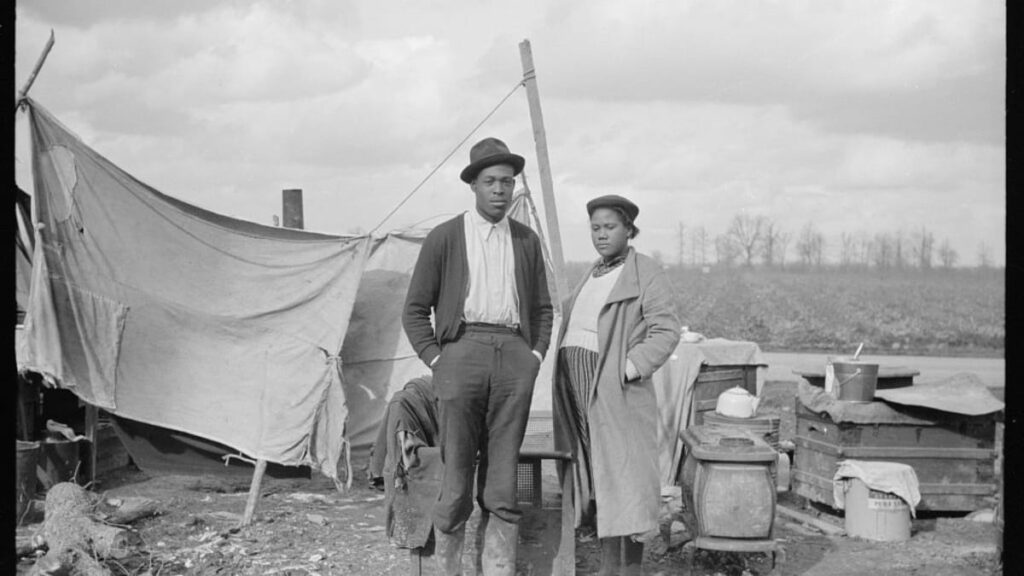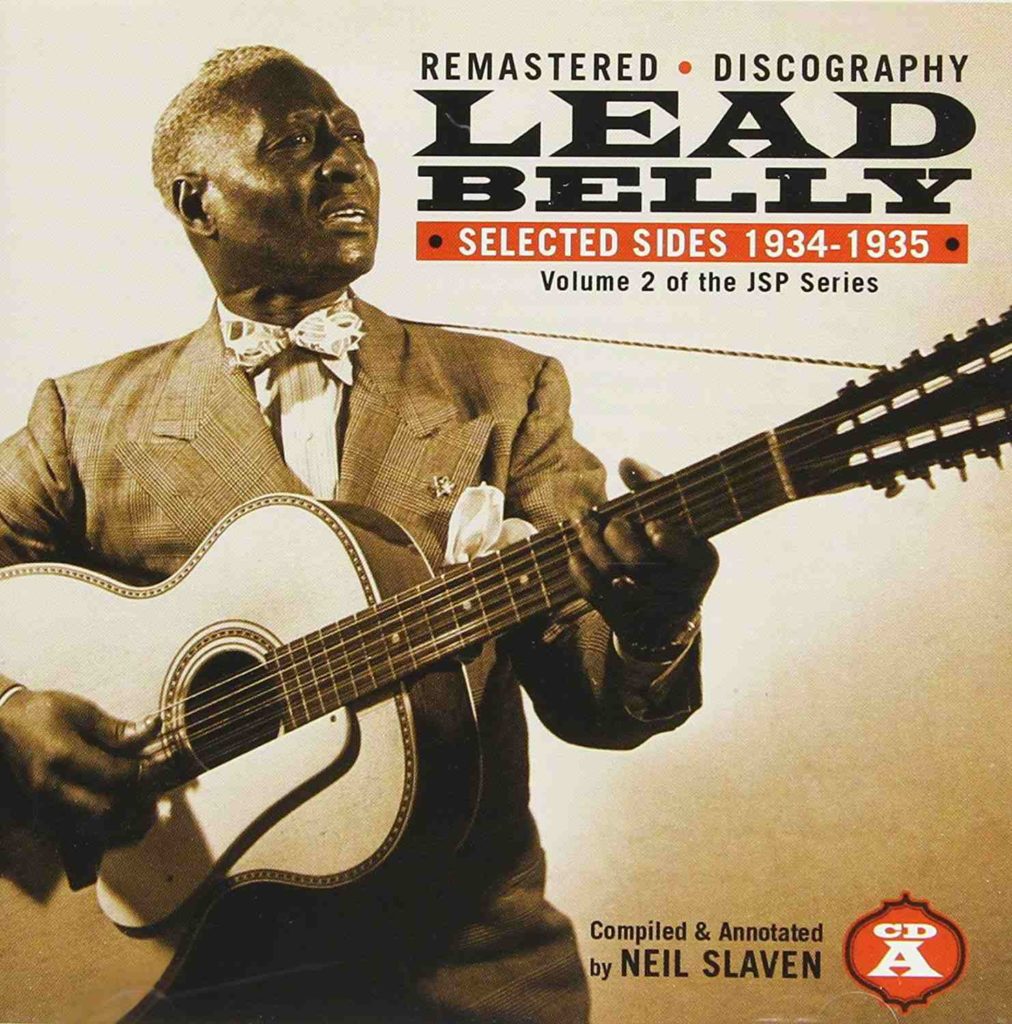During the 1920’s and 1930’s, the blues played a pivotal part in the expression of African Americans’ suffering. Coming off of the emergence of ragtime in the 1920’s, which reflected the creative and material abundance of the Roaring 20’s, blues used ragtime techniques and combined them with swing to express a different emotion: “The Blues.” In this way, the music of this era served as a method of musical catharsis, a sigh of relief for the ever-suffering Black community.
40 Acres and a Mule
After the emancipation of African Americans in the 1860’s, William T. Sherman, a Union General in the Civil War, promised to issue Special Orders No. 15. This was meant to provide reparations to previously enslaved people by allowing them to own the land they once worked on, but it was immediately annulled by Abraham Lincoln’s presidential successor. This meant that Black Americans were forced to build wealth out of essentially nothing, even under a new peonage system that functionally reinstated slavery by forcing debtors to work for an employer to pay off debt. This led Black people into a state of extreme poverty, especially going into the Great Depression.

Annihilating the Blues
In this new era of economic “blues,” artists such as Ma Rainey and her husband Will were revered for their ability to seemingly make listeners forget all about their worries. In her songs, Ma Rainey would take negative situations and flip them around so that they no longer seem as hopeless. For example, in Prove it on me Blues, Rainey addresses rumors of her alleged lesbianism in a way that is both defiant and self-celebratory of her own identity.

Prison Blues
After the Emancipation Proclamation, the main labor system in the U.S. evolved from slavery to peonage and prison labor. African American music also evolved from spirituals and work songs to prison blues, which protested conditions in prisons and provided a steady work beat. Blues musicians like Huddie “Leadbelly” Ledbetter made recordings of songs they learned in prison, such as “Take This Hammer.” Other prison blues songs, such as “I Heard What You Said About Me,” sung by Allen Reid, complain about being falsely accused and condemned to dangerous and painful labor.
Sources Cited:
https://outhistory.org/exhibits/show/rainey/rainey2
https://www.loc.gov/item/ihas.200197401/

